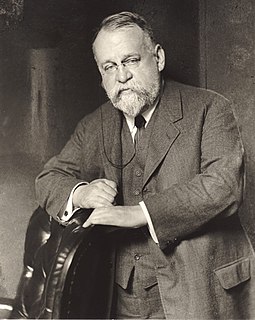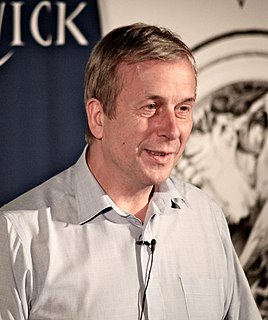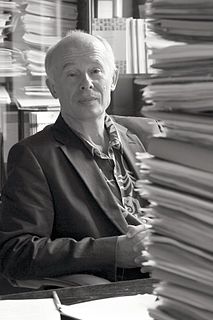A Quote by Gwynne Dyer
The military profession, especially in the long-established great powers, is deeply pessimistic about the likelihood that people and countries will behave well under stress. Professional officers are trained to think in terms of emergent threats, and this [climate change] is as big a threat as you are going to find. Never mind what the pundits are telling the public about the perils of climate change; what are the military strategists telling their governments? That will tell us a great deal about the probable shape of the future, although it may not tell us anything that we want to hear.
Quote Topics
About
Although
Anything
Behave
Big
Change
Climate
Climate Change
Countries
Deal
Deeply
Established
Find
Future
Going
Governments
Great
Great Deal
Great Power
Hear
Likelihood
Long
May
Military
Mind
Never
Officers
People
Perils
Pessimistic
Powers
Probable
Profession
Professional
Public
Pundits
Shape
Stress
Tell
Telling
Terms
Think
Threat
Threats
Trained
Under Stress
Us
Want
Well
Will
Related Quotes
Climate scientists think of nothing but climate and then express their concerns in terms of constructs such as global mean surface temperature. But we live in a world in which all sorts of change is happening all the time, and the only way to understand what climate change will bring is to tell stories about how it manifests in people's lives.
The equipment and weaponry will continually change and improve, and the size of the military will expand as needed, decreasing during times of peace. But the unyielding will of the soldier and the dedication of professional military leaders will not change. Our soldiers can do a great deal more under pressure than people think. You'd have to see them perform in combat to believe it.
Climate Change is a national security issue. We found that climate instability will lead to instability in geopolitics and impact American military operations around the world. People are saying they want to be perfectly convinced about climate science projections. But speaking as a soldier, we never have 100 percent certainty. If you wait until you have 100 percent certainty, something bad is going to happen on the battlefield.
Depending on where you live, your threat is much different from the other person. If you ask a New Yorker today, because of the way the press plays it, he will say terrorism is his biggest fear. But for somebody living on a small island state, then it is climate change, the rise of the sea level, for his whole island may be washed away. If I go to southern Africa, they tell me it is HIV/AIDS and somewhere in Asia it is poverty. This is also why you will find it difficult to find agreements, because if you want someone to be concerned about your threat, then you should be concerned about his.
I think that is what we do by preserving and telling our stories. If you don't tell your stories, other people will tell their story about you. It's important that we nurture and protect these memories. Things change. Existence means change. So, the kind of precious memories about being black for my generation won't exist for my kids' and grandkids' generations unless we preserve them through fiction, through film, through comic books, and every other form of media we can possibly utilize to perpetuate the story of the great African-American people.
The evidence that climate change is happening is completely unequivocal... The later governments leave tackling climate change, the harder it will be to combat... The variation we are seeing in temperature or rainfall is double the rate of the average. That suggests that we are going to have more droughts, we are going to have more floods, we are going to have more sea surges and we are going to have more storms. These are the sort of changes that are going to affect us in quite a short timescale
Millennial voters are very concerned about climate change and will vote for candidates who are planning to address it. But the systems that are in place - people talk about gerrymandering and the money that's in politics, this is a real thing, a real effect - and it's hard for climate change-denying legislators to get voted out. But I predict it will happen.
There is also a great deal of behind-the-scenes pressure from political funders too. And by funders I don't just mean the fossil fuel industry. Many of those exerting pressure on our society to ignore climate change, oppose climate change legislation, and shut down efforts to develop a clean energy economy are doing so out of ideology, not just economics. In the simplest terms, many large industries don't want the government telling them what to do with their businesses and they don't want any restrictions on what they can and cannot do, which includes polluting our shared environment.

































